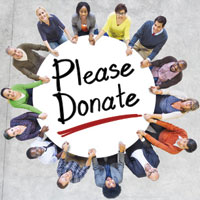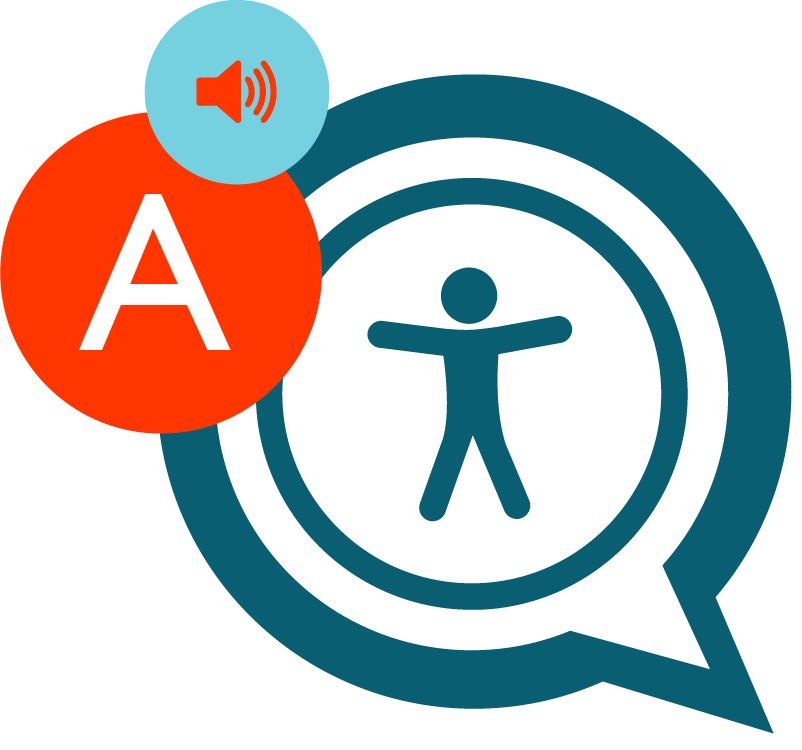The emotional impact of problem gambling is felt by the gambler and everyone around them, including their children.
- Adam*, a bright, energetic 15 year old, remembers what it was like when his Mom was still gambling. “I ate lunch and dinner at my friend’s really often. I always hung out there when there was no food at our house, hoping my friend’s parents would invite me to eat with them.” Adam was only eight years old at the time and was unaware that his Mom was spending the grocery money on gambling.
 Shelly* recalls the humiliation she felt the day a security guard brought her children in to the grocery store to find their mother. She was busy playing video poker and had left her two young children in the parked car. Although they suffered no physical harm, the emotional pain was no less damaging.
Shelly* recalls the humiliation she felt the day a security guard brought her children in to the grocery store to find their mother. She was busy playing video poker and had left her two young children in the parked car. Although they suffered no physical harm, the emotional pain was no less damaging.
- A high school counselor, concerned about the deteriorating academic performance of a senior honors student, questioned the young man about the situation. After repeated denials of substance abuse or other personal problems, the young man finally admitted that he had no time for schoolwork because he was also trying to hold down a full-time job. His reason? Both parents were gambling uncontrollably and he needed the income to help make the mortgage payments on the family’s home.
*Not their real names
When there is a gambling problem in the family, everyone feels the pain, no matter how strong they may be. Spouses may feel angry and resentful or overly responsible for the gambler’s behavior. Children may act out and have difficulty in school, or become withdrawn, not understanding what is happening. Stress in the home can create increased risk for domestic violence and problem gamblers are more likely to become separated or divorced.
The good news is that resources are available in our community to help the gambler and the family members who are being affected by a loved one’s gambling problem. Gam-Anon is a free support group specifically for the friends and loved ones of problem gamblers. Talking with others who are experiencing similar concerns can help family members better understand the gambling disorder, and develop healthy coping and problem solving skills. Professional counseling is also available for the gambler and their spouse.
For more information about treatment and support resources in Nevada, click on Get Help Now.


